For the past few years, Bosnia and Herzegovina, like the rest of the world, has been marking every 25th day of the month as Orange Day – a day dedicated to raising awareness, preventing violence against women and girls, and sending messages of support to victims.
Institute for Youth Development KULT promotes the stories of successful women from Albania, Bosnia and Herzegovina, Montenegro, North Macedonia and Serbia who make a difference in their society as part of the #WomenMakingDifference campaign, as well as the promotion of positive values that through their work and society they promote and provide engagement to other women, girls, but also to the wider social community.
With the regional campaign #WomenMakingDifference, the Institute aims to motivate young people to, based on the example of others, continue to motivate and actively participate in the fight against violence against women and girls, but also to highlight the importance of advocating and fighting for gender equality.
Irena Stojčevska is 31 years old and was born in Bitola, Republic of North Macedonia. She graduated from the Justinian I Faculty of Law at Cyril and Methodius University in Skopje, where she also received her master’s degree in criminal law. After that, she passed the bar exam. Irena has been working for almost 5 years at the Youth Cultural Center in Bitola and provides primary legal assistance under the Law on Free Legal Assistance. In her work, she often encounters the legal problems of women who are victims of gender-based and domestic violence. Irena applied to be a social mentor (mentor for work integration) to a program created by Association for Research, Communications and Development „Public“ Skopjeand was chosen among 12 social mentors in the country, and among 4 mentors in the country for the work integration of women who survived violence within the framework of the project „Opportunities for economic reintegration through social mentoring for women victims of violence“ by the by the Association for research, communications and development, “Public”, as part of the Regional Program of the European Union and UN Women “Prevention of violence against women and girls in the Western Balkans and Turkey: Implementing norms -changing minds”, which is financed by the European Union. The number of women victims of domestic violence is large and the opportunity to contribute to its reduction through social mentoring was one of the reasons why she decided to start working as a social mentor.
“I am dedicated to my work and responsible, so at the time of application I was aware that I have the knowledge and skills with which I can lend a hand to these women and support them to get out of the circle of violence more easily, and through the process of social mentoring to strengthen themselves, assess their
qualities and knowledge, to acquire new knowledge or upgrade existing knowledge and join the labor market”, says Irena.
Her first major activity, which enabled her to work directly with women victims of domestic violence in the direction of providing support for their economic independence and causing key shifts and changes in their lives, was the work of a social mentor for work integration. Although she loves her job, Irena emphasizes: “This job is not easy at all. On the contrary, there are many challenges and obstacles because during the process we often encounter certain non-action by institutions, delays in certain proceedings and the return of abusers through monitoring. But on the other hand, a big help is the continuous supervisory support of expert and experienced people that we have throughout the entire process and who help us to more easily overcome and overcome challenges and obstacles and continue in the direction of fulfilling women’s goals”, she states.
Both in the private and in the public sphere, gender equality for her is: “Equality in every segment of life. Equality in rights guaranteed by the state, equal opportunities and the right to equal use of all resources, equal protection and equal evaluation of work.”
When it comes to the equality of women in North Macedonia and the Western Balkans, Irena says: “My opinion is that, unfortunately, we are still far from equality, but I am happy that an increasing number of civil society organizations are active in this field and strive to do so moves in the direction of women’s equality. Due to certain European standards and the aspirations of the Balkan countries to be part of that circle, some changes or shifts can happen faster and there can be certain improvements in equality and women’s rights.
Compared to the period of 20 years ago, she believes that positive changes are visible, but that they are not sufficient or not at a satisfactory level, considering that we are still facing violence against women and children and situations where we witness the inequality of women in society. “There is still a lot of work ahead of us that the institutions and the state must do, primarily in the direction of adequate protection, providing equal opportunities to use resources in the state, and educating the population about recognizing violence and the consequences of untimely reaction,” says Irena.
She says that the process of social mentoring also enabled her to grow professionally: “My self-confidence improved, I learned a lot of new information. Each mentored person is a story for himself and there are big differences between them
but their fighting spirit, desire for success and the fact that they achieve a lot in life with will and persistence, are is only part of what I learned from them.”
As one of the most common causes of a large number of victims of violence is the lack of recognition of violence by the victims and the environment. Therefore, Irena believes that it is necessary to introduce education in elementary schools about the types and recognition of violence, as well as methods of protection and reporting. “If each of us in our field of work lends a hand or makes some contribution to help and support these people or to encourage changes in society that would contribute to greater equality, I think the situation will be much different than the one we have.”
“Social mentoring is relatively new in our country and I am pleased by the fact that the results of the work of all social mentors are excellent and that key developments have been made in the lives of women. During 2022, four social mentors, including myself, included 15 women victims of domestic violence, of which all 15 gained knowledge and skills, strengthened motivation and self-confidence, and 13 of them are already included in the labor market. Most importantly, none of those 15 women returned to their abuser. Irena is most proud of the changes in each of the women she worked with, as well as the opportunity to reach them.
“Every smile and progress of women victims of domestic violence with whom I worked is a great success for me. Their exit from a violent environment, motivation and self-confidence, as well as the return of their desire for progress and independence is an achievement. I will continue to support them to achieve what was unattainable for them!”, says Irena. It is these results that cause social mentoring to cause positive reactions in the environment, and at the same time attract the attention of institutions, which gives hope that with the recognition of the importance of social mentoring by institutions and joint cooperation, one day we will reach the point where social mentoring will be a service that will be supported by the state and which will be available to more users.
In the documents of the competent institutions, the native language is present, but Irena believes that this is insufficient, because as she says: “It is not enough that it is just present!” she believes that it is necessary to apply what is prescribed, it is necessary to carry out procedures more quickly and to punish the perpetrators more severely. “In many institutions, there is no sensitization for access to women and children victims of gender-based and domestic violence. I believe that the state and institutions do not provide the necessary protection and support to women and children in terms of implementing quick procedures, their long-term care and housing, economic empowerment and help in their economic independence,” she says.
In the end, she points out that no one should be immune to violence of any kind and each of us must fight against violence: “Let’s not forget that violence may now be far from us and our loved ones, but each of us or our loved ones at any moment in our lives can find ourselves in the role of a victim of violence and in the shoes of these women.”



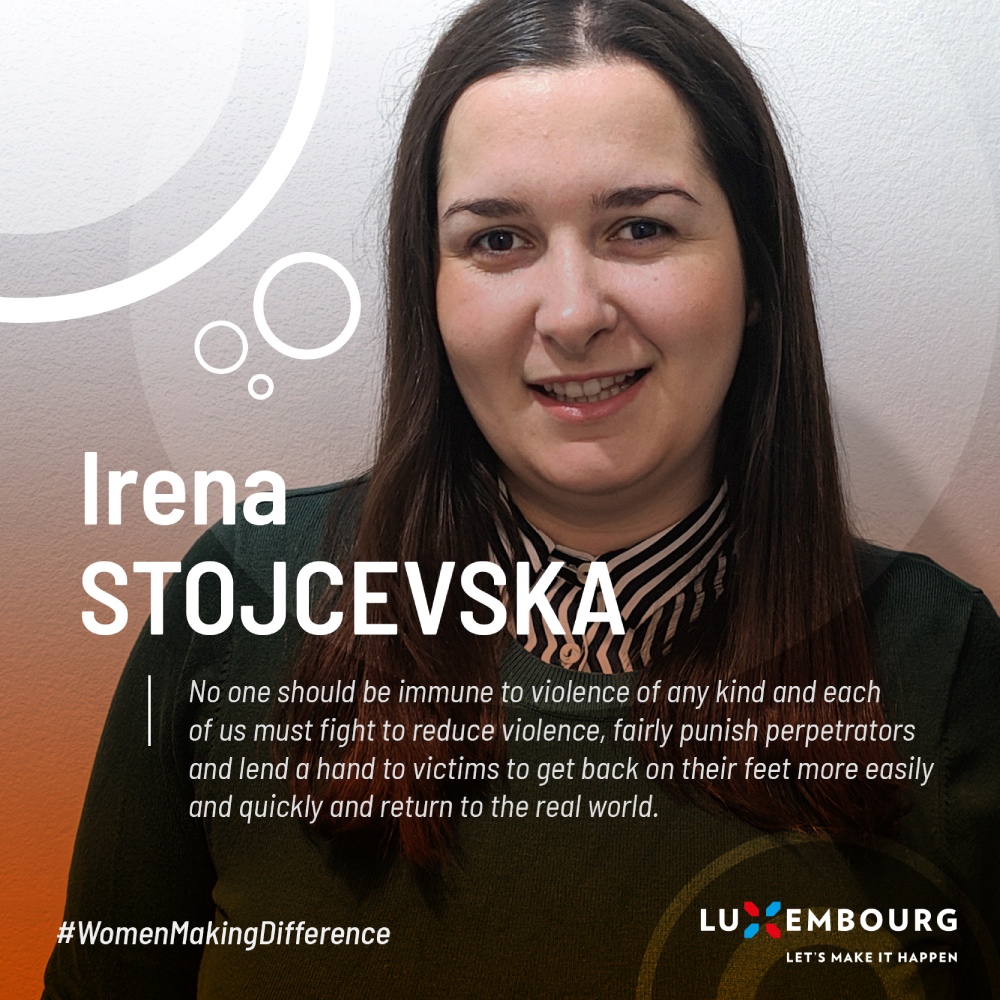
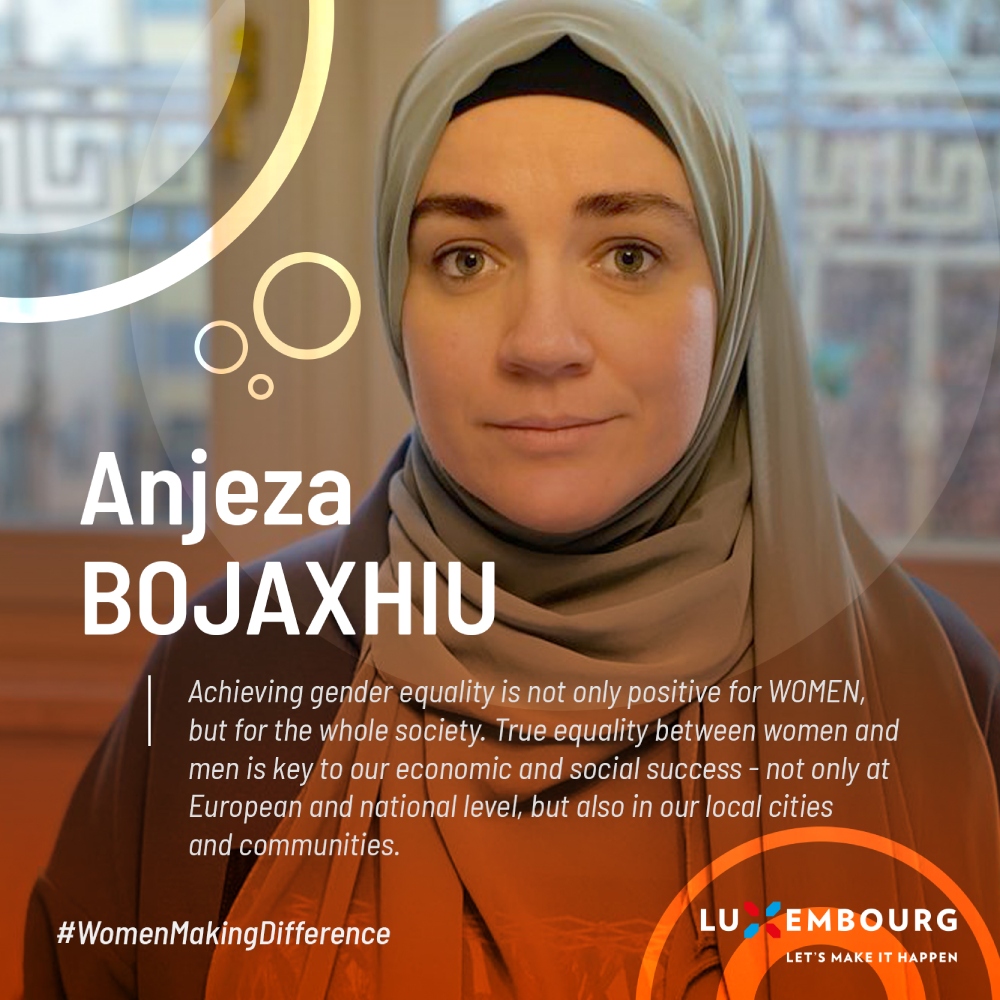
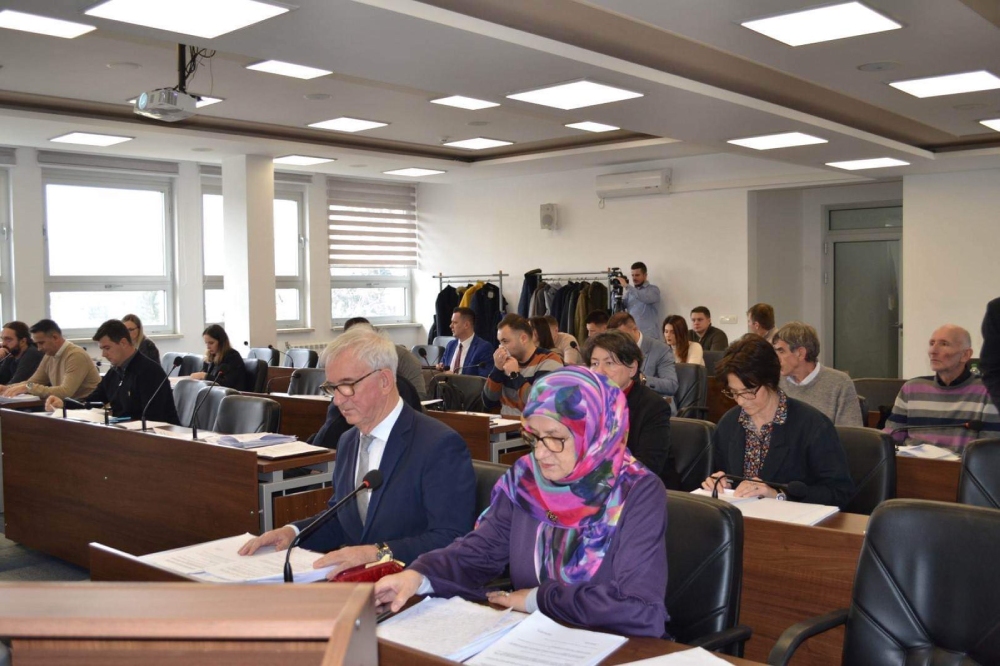






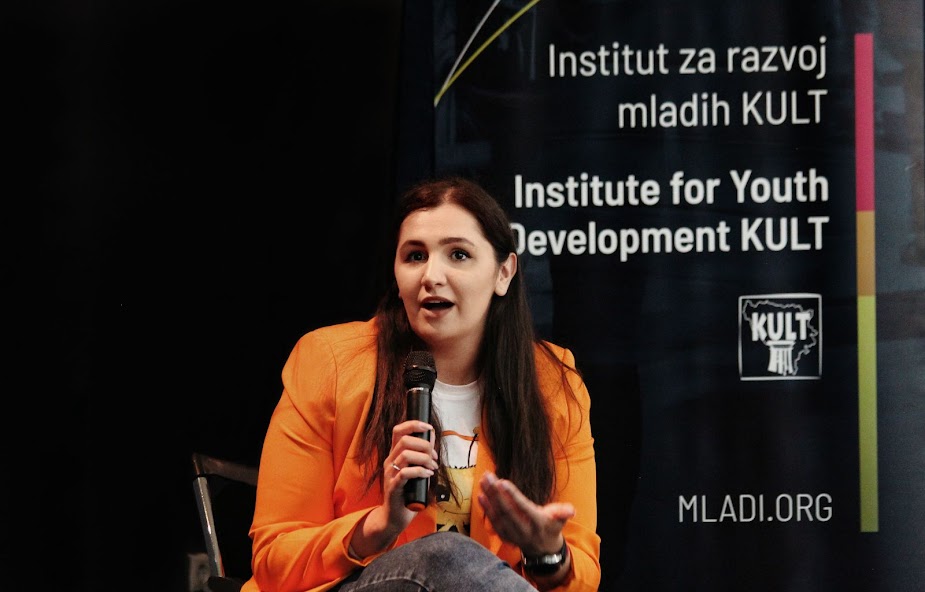
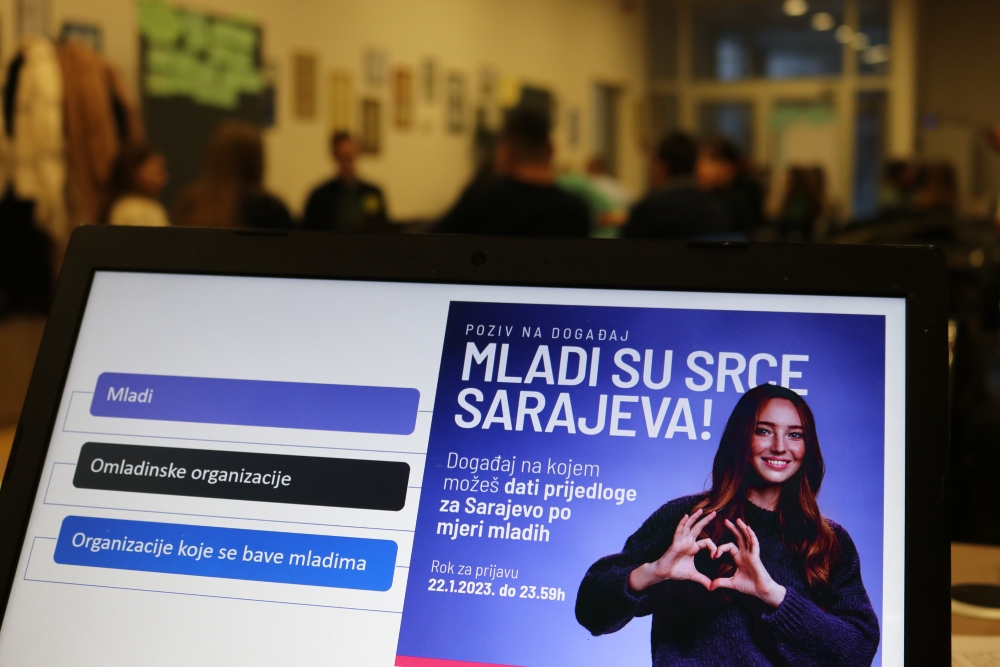
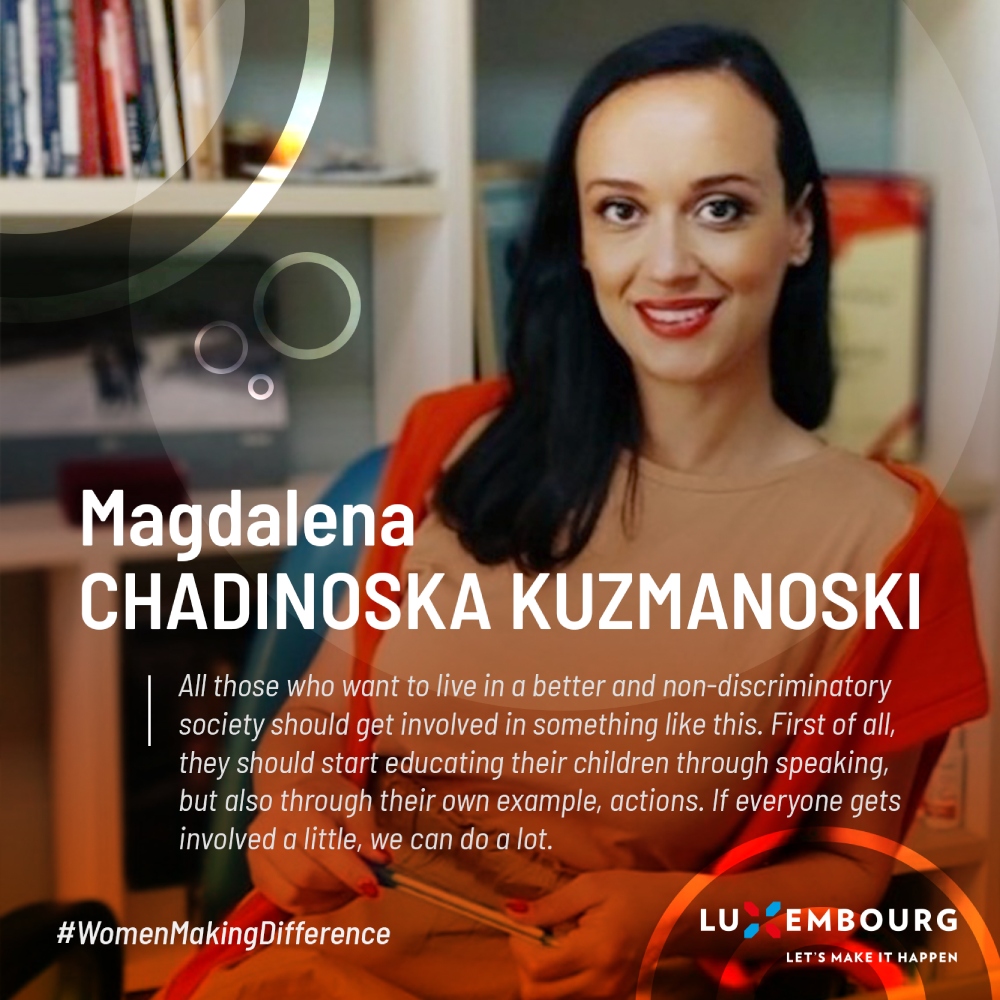
Leave a comment